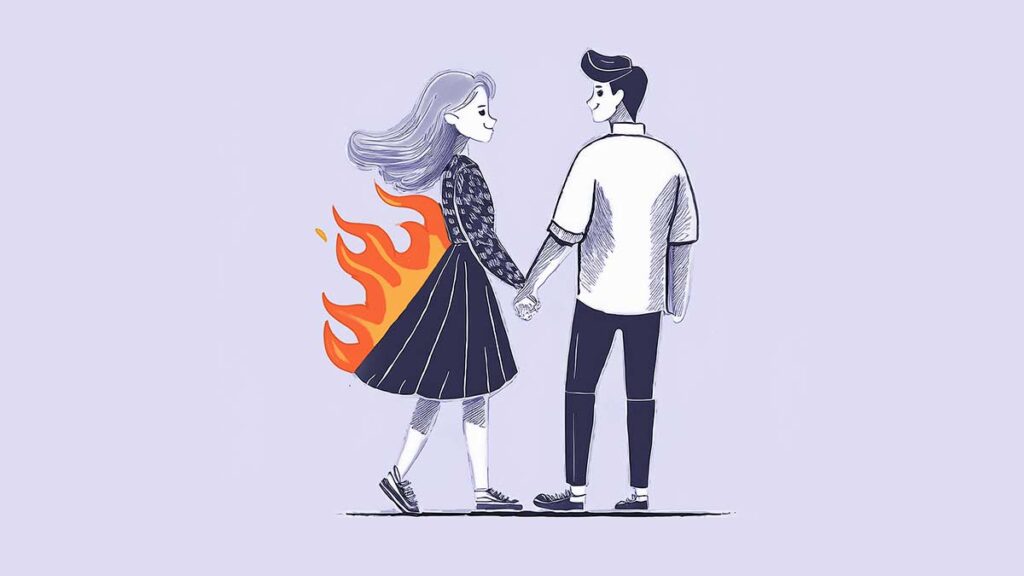
Imagine your relationship as a shared bank account of trust, with deposits made through honesty and vulnerability. Each lie, even the seemingly little white ones, withdraws from the account. Though they may initially go unnoticed, eventually the balance drops, triggering overdraft fees: questioning, doubt, and emotional distance. The real cost of dishonesty in intimate relationships is not just the immediate deception, but the long-term insolvency that follows when the account runs dry. Here are the five deep costs of lies in relationships.
- Trust Inflation: Each lie increases the “price” of future trust. Once a lie has been uncovered, everything becomes more expensive. Statements that went unquestioned now require verification. “I’m working late, I’m out with friends, it was just one, I’m fine” may be scrutinised. The relationship economy suffers as emotional exchanges require more collateral.
- The Doubt Tax: Even though the lie might be cleared up and resolved, your partner continues to pay the doubt tax through intrusive recurring thoughts. “What else might not be true?” “How can I know what to believe?” Perhaps this is the cruelest cost overall as it is invisible and compounds over time, draining the relationship of its emotional security.
- Intimacy Bankruptcy: Lies create distance, and distance leads to disconnection. Despite what people may say, when tuned into our bodies, feelings, and intuition, we sense when something is off. Lies put walls between people. This is how we can become emotional islands, even with the person we sleep next to.
- The Memory Mortgage: Once dishonesty enters a relationship, both partners take on a hefty cognitive mortgage. The liar must remember which version of reality they have presented, constantly maintaining their story to avoid contradictions. Meanwhile, the partner begins unconsciously archiving statements, later searching their mental database for inconsistencies. Both parties exhaust themselves paying for this mortgage of hypervigilance.
- Authenticity Deficit: Not only do you separate from your partner, but you separate from your true self. Living authentically becomes increasingly difficult and stressful trying to hold multiple realities. It is near impossible to experience inner peace and freedom once you have begun to weave a web. The ultimate cost of deception is that you sacrifice true connection, love, and intimacy.
So, why do people lie? There are many reasons, but some include fear of conflict, not wanting to hurt others or to present ourselves in a better light. Sometimes we will be legally or professionally bound. Honesty, dishonesty, transparency, and lack of it all exist on a spectrum including non-disclosure, omission, redaction, and editing. However, the irony of deception meant to protect, is that it can ultimately become the relationship’s biggest threat.
Spitting out aggressive truths in the heat of the moment isn’t the way either. Honesty requires safety. If a person doesn’t feel safe with you, it will be hard for them to be honest. It’s that simple. As a listener, if you can offer the conditions of empathy, compassion, and non-judgment, you will create an environment that is conducive to honesty. If you offer reactivity, heightened emotion, anger, judgment, or shame, you decrease your chances of getting the truth. The math is simple: honesty may sometimes be uncomfortable, but dishonesty is ultimately unbearable.
Enjoy that?
If you enjoyed this article, head here to read past Love Scout articles and discover more valuable insights on relationships.
The Love Scout
Scout Smith-O’Leary is a Relationship Therapist & Educator working with singles and couples based in Manly. Visit thelovescout.com or call 0410 030 463 to book a session.